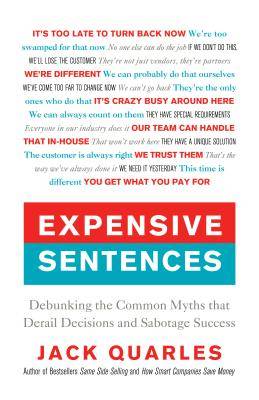
Most Nevada business owners are probably at least familiar with the new Commerce Tax included in Senate Bill 483, which was signed into law by Governor Sandoval on June 9. Most are probably also aware that the tax is on gross revenues and that business entities with revenues up to $4 million are not subject to the tax. What most are probably not aware of is that the $4 million threshold does not relieve them of compliance with the law and the filing of annual reports with the state.
The statute is clear and has been confirmed by the Nevada Department of Taxation; every business entity conducting business in the state must file an annual tax report. And to file the report, each business must presumably comply with all the rules to determine and report its gross revenues. Think about that — even the smallest “business” could include your rental property or your spouse’s consulting business that he/she works in for just a few hours a month.
So, now that you know you’re required to comply and report, here are the basics of what you need to know:
- Revenue is generally reported using the same method used for federal income tax purposes.
- Regardless of your federal income tax reporting period (typically calendar year), the Commerce Tax is reported on a July 1 to June 30 fiscal year.
- The first reporting year has begun, on July 1.
- Tax reports are due 45 days after the reporting year, the first due on Aug. 14, 2016.
- For businesses with revenues both inside and outside of the state, Nevada reportable revenue is determined differently than it is for sales tax or income tax reporting.
- There are 26 different tax rates based on industry classifications. A business entity’s primary business, based on revenues, determines its industry tax rate. Once determined, a business cannot change its industry classification without permission from the Department of Taxation.
- There are seven general revenue exclusions.
- There are 27 different deductions allowed in calculating taxable revenue, but they do not include cost of goods sold or common operating expenses.
- Fifty percent of the Commerce Tax paid is allowed as a credit against the Nevada Modified Business Tax (MBT) in the four quarters immediately following the end of the Commerce Tax reporting year (i.e. for the first Commerce Tax year ending June 30, 2016, the credit is allowed against the MBT through the quarter ending June 30, 2017). Unused credits cannot be carried forward any further and are not refundable
To prepare for reporting, every business must:
- Adapt its accounting systems to capture revenues for the fiscal year July 1 to June 30.
- Develop accounting procedures to identify reportable revenues, exemptions, and deductions.
- Establish processes to identify Nevada source income. This may be especially challenging for service providers, as the general rule for revenues from services is that they are reportable based on where the purchaser uses or receives the benefit. If services are provided to a customer with operations both inside and outside of Nevada, the service provider must determine in which state its customer derived the benefit of the services.
One of the most important questions that remains without a clear answer is whether related businesses are entitled to multiple $4 million thresholds. It appears that a business can organize itself into separate entities in order to obtain multiple thresholds. Statements by Department of Taxation representatives at their recent workshop indicated as much. However, follow-up inquiries of Department representatives only made the issue less clear. As the Department conducts future workshops and begins drafting regulations, this will certainly be an area that receives attention.
It will be important for all Nevada businesses to stay informed and monitor developments related to the Commerce Tax. A good resource is the “Commerce Tax (SB 483)” section of the Department of Taxation’s website.
Gary Johnson is the managing partner of Johnson Advisors, a Las Vegas-based business advisory and accounting firm, where he consults with privately held businesses and their owners on tax planning, strategy and compliance. He recently presented on the Commerce Tax as part of the Henderson Chamber of Commerce’s Roadmap to Success workshop series. Reach him at gjohnson@johnson-advisors.com.







